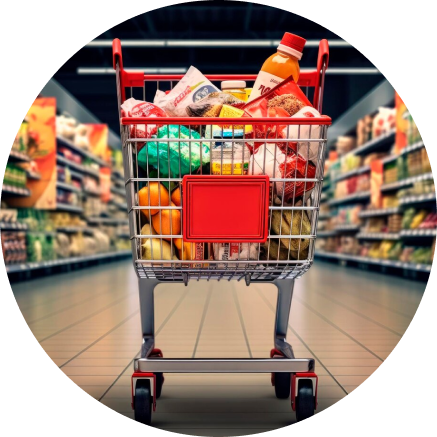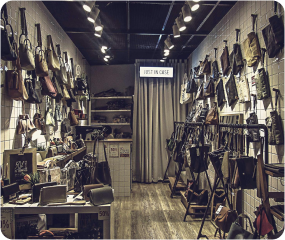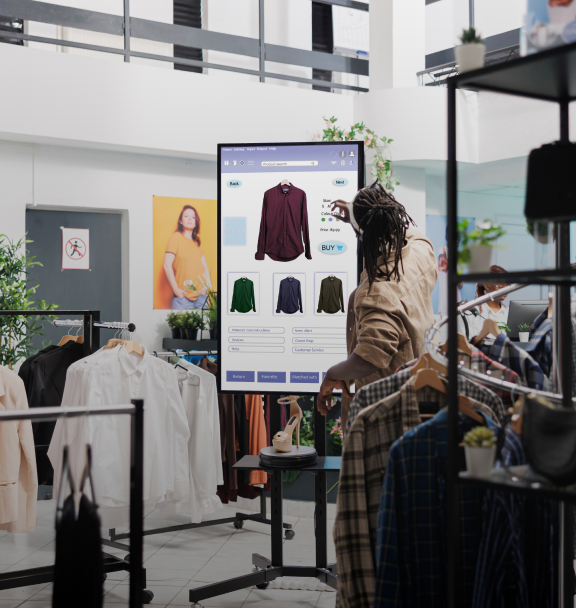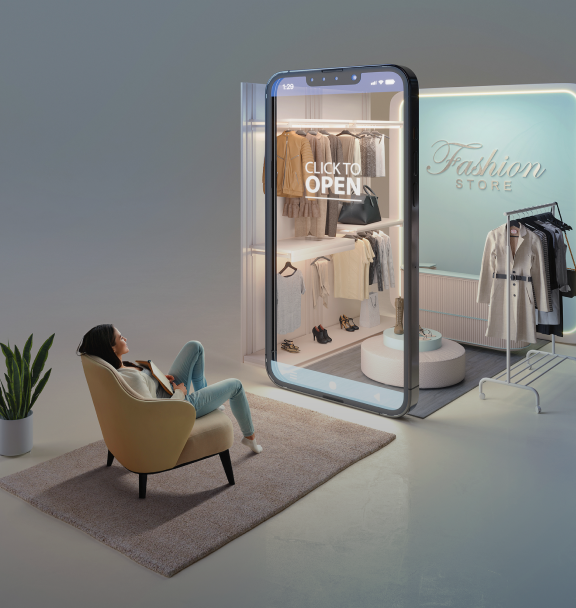Retail Solutions
Empowering a Dynamic Industry


SEGMENTS OF RETAIL
Discover the various segments of this fast emerging industry.
Key Success Factors
- Customer-Centric Approach
- Seamless Omnichannel Experience
- Staff Training and Management
- Data-Driven Decision-Making
- Personalized Marketing and Branding
- Efficient Point of Sale (POS) Systems
- Supply Chain Optimization
- Inventory Management
- Regulatory Compliance
- Cost-Effective Operations
Challenges with REtail Industry


Operational Efficiency
- Streamlining processes for faster service.
- Enhancing supply chain efficiency.


Consumer Preferences and Trends
- Rapidly changing consumer preferences
- Keeping up with evolving retail trends


Omnichannel Integration
- Seamless integration of online and offline channels
- Providing consistent customer experiences across all touchpoints



Data Management and Analytics
- Harnessing data for informed decision-making
- Implementing analytics to understand consumer behavior


Inventory Management
- Optimizing inventory levels
- Minimizing stockouts and overstock situations
The need for retail solution ✨
01
Customer Engagement and Loyalty Programs
Develop customized loyalty programs to incentivize repeat purchases and foster strong customer relationships.

02
Inventory Optimization and Demand Forecasting
Utilize data analytics to optimize inventory levels, minimize stockouts, and accurately predict customer demand.

03
Supply Chain Visibility and Management
Implement technologies like RFID and blockchain for enhanced supply chain visibility and efficient management.

04
Data-Driven Decision-Making
Utilize advanced analytics and machine learning to derive actionable insights from retail data for informed decision-making.

05
Omnichannel Integration
Seamlessly integrate online and offline channels to provide customers with a unified shopping experience.

06
Staff Training and Development
Invest in ongoing training programs to equip retail staff with essential skills for improved customer service and sales.



07
Regulatory Compliance
Stay updated with regulations to ensure compliance with standards related to data privacy, product safety, and consumer protection.

08
Traceability
Provides end-to-end traceability, crucial for managing recalls and ensuring product safety.

09
Data-Driven Decision-Making
Utilizes analytics for informed decision-making and continuous process improvement.

10
Customer Satisfaction
Enhances service levels, delivery accuracy, and overall customer experience.

11
Cost Management
Optimizes resource utilization, leading to cost savings and improved profitability.

12
Agility and Innovation
Supports rapid adaptation to changing market conditions and fosters innovation in product development.
Frequently Asked Questions
What does retail entail?
Why is retail important in the economy?
What are the characteristics of the retail industry?
What are the objectives of retail businesses?
What are the different types of retail operations?







